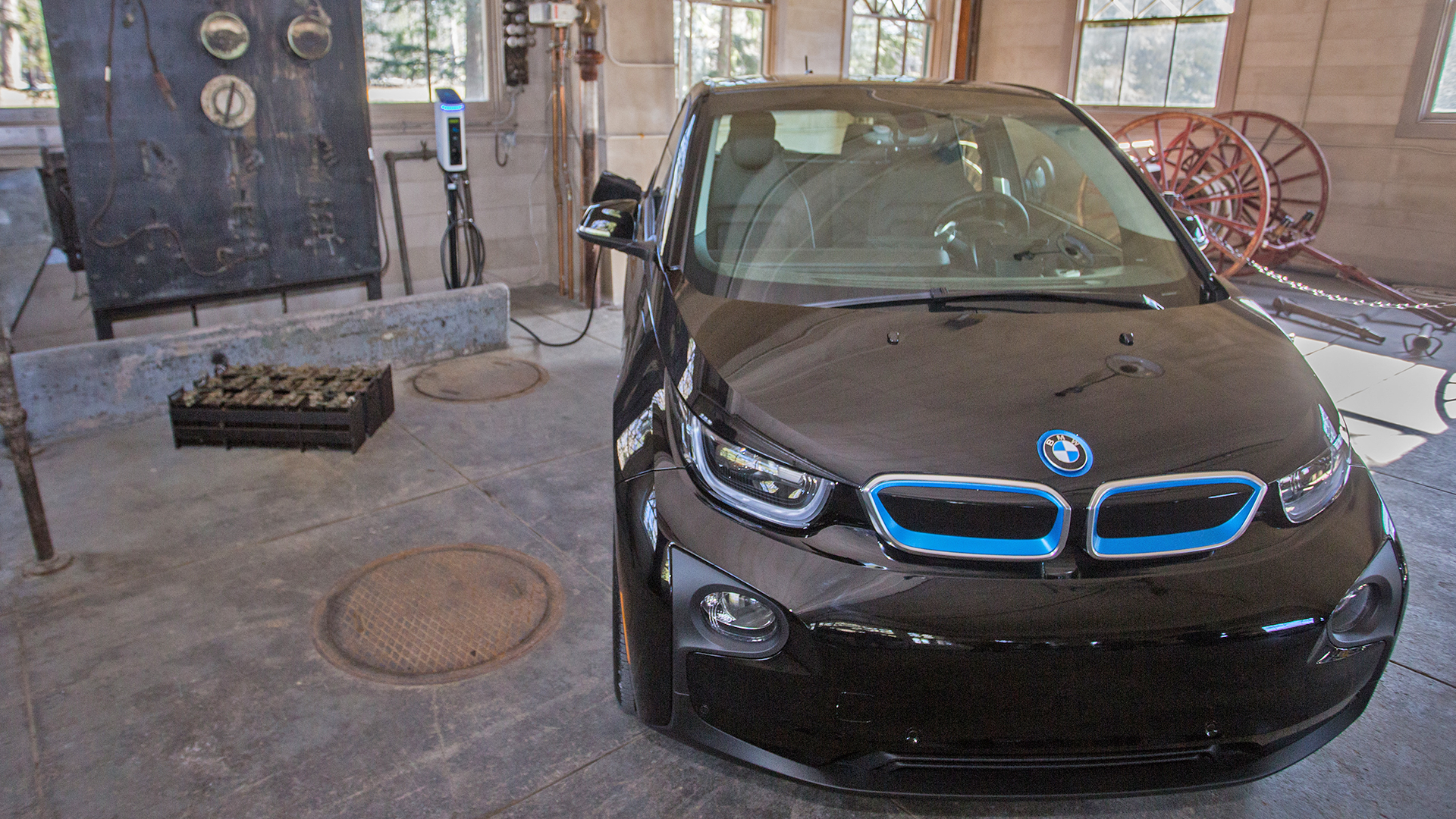

Electric cars currently make up a small percentage of new car sales, and part of the reason for that is the premium buyers often have to pay over gasoline or diesel cars for EVs. Government incentives (when available) help in that area, but when will electric cars simply cost the same as their internal-combustion counterparts?
Very soon, according to MIT Technology Review. Citing multiple reports from Bloomberg New Energy Finance, it claims electric cars will actually become cheaper than internal combustion ones by 2030. The key is an expected increase in the number of battery factories, which will boost production capacity—and thus provide the economies of scale needed to make batteries cheaper.
Tesla gets a lot of attention for its Nevada battery “Gigafactory,” but that gargantuan facility isn’t the only new battery factory being developed. Daimler subsidiary Deutsche Accumotive, for example, recently broke ground on a new battery factory in Kamenz, Germany, to supply batteries for future Daimler electric cars. German luxury automakers are racing to catch up with Tesla, and are being prodded to develop electric cars by the German government, which is concerned that the local auto industry will loose its technological advantage to other countries.
Nine of the world’s largest new battery factories are also under construction in China. The country, which is the world’s largest new car market, has long promoted electric cars using government incentives and other perks. China is also set to enact stricter fuel-economy standards that could encourage more automakers to go electric.
In March, Bloomberg predicted that global battery production capacity would double by 2021, driving down costs and leading to a boom in electric car sales. The 2020s will also see the implementation of stricter emissions standards around the world. At the same time, automakers will put more long-range electric cars on sale, potentially increasing their appeal to consumers.
All of these trends certainly look encouraging for electric cars. That said, a lot can happen in a decade. The current presidential administration may lower emissions standards, taking some pressure off automakers to produce electric cars. And charging infrastructure must also grow at the same rate as electric car production in order for these cars to really be a practical alternative to gasoline or diesel.
Price alone might also not be enough to get large numbers of consumers to switch to electric cars. Automakers have been relatively inconsistent in their marketing efforts for electric cars, as well as efforts to educate consumers. That’s left many buyers feeling at best uninformed, and at worst suspicious of this new technology.